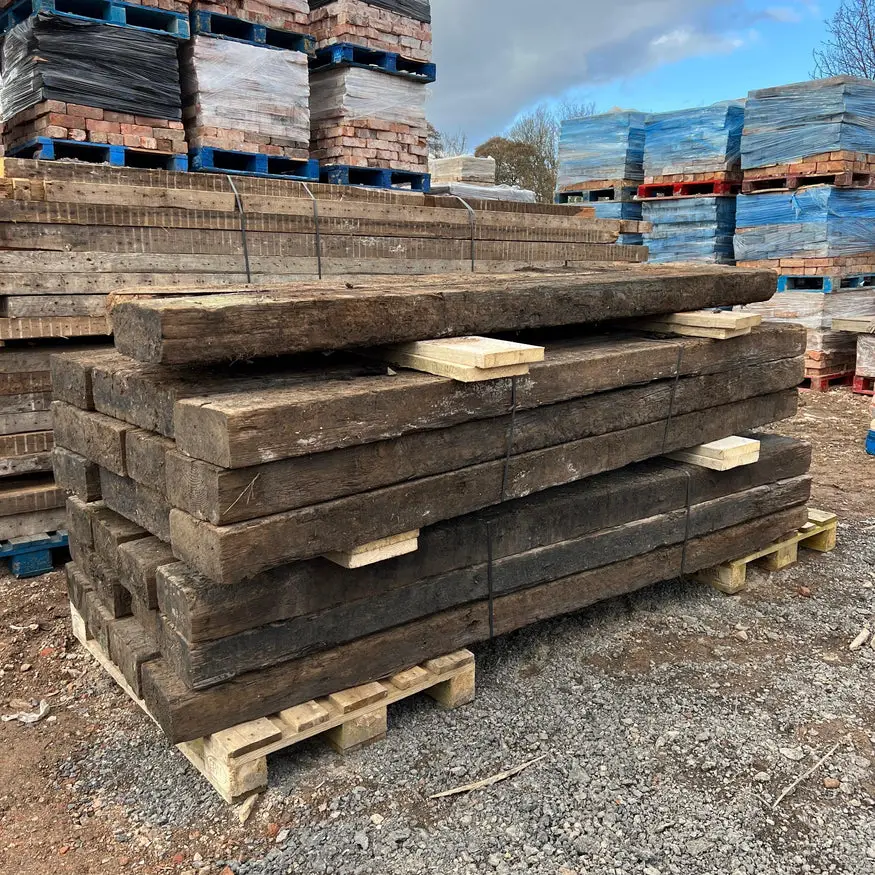
Sheffield, a city with a rich industrial heritage, has played a significant role in the history of railway sleepers. These robust and versatile components have been fundamental in the construction and maintenance of railway tracks, contributing to the evolution of rail transportation.
The History of Railway Sleepers in Sheffield
The use of railway sleepers in Sheffield dates back to the early days of rail transport. Over the years, these sleepers have evolved from simple wooden planks to more sophisticated materials, reflecting the technological advancements in the railway industry.
Types of Railway Sleepers
Railway sleepers are made from various materials, including wood, concrete, and steel. Each type has its advantages and disadvantages, ranging from durability and strength to environmental impact and cost.
Sheffield’s Railway Sleeper Industry
Sheffield’s manufacturers and suppliers of railway sleepers have been pivotal in supporting both national and international rail networks. Their contribution goes beyond just supply; they play a crucial role in the local economy and job market.
Reclaimed Railway Sleepers
Reclaimed railway sleepers have gained popularity for their environmental benefits. They are repurposed for a variety of uses, from landscaping to innovative construction projects, reducing waste and promoting sustainability.
Installation and Maintenance
Installing railway sleepers requires careful planning and execution. Maintenance is equally important to ensure their longevity, especially in the face of weather elements and heavy use.
Creative Uses of Railway Sleepers
The versatility of railway sleepers has inspired many creative projects. From garden beds to rustic furniture, these sleepers provide a unique aesthetic and practicality for DIY enthusiasts.
The Future of Railway Sleepers
The railway sleeper industry is constantly evolving, with new materials and technologies emerging. These advancements aim to make railway construction more sustainable and efficient.
Safety and Regulations
Adhering to safety standards and regulations is crucial in the handling and use of railway sleepers. This ensures the safety of workers and the public, as well as the integrity of railway infrastructure.
Sheffield’s Railway Sleeper Projects
Sheffield boasts several notable projects involving railway sleepers, showcasing their utility and aesthetic appeal. These projects often involve community participation, highlighting the city’s commitment to sustainable development.
Purchasing and Sourcing Tips
Choosing the right railway sleepers involves considering factors like material, condition, and intended use. Sourcing them sustainably and ethically is also important for environmental stewardship.
The Economic Impact of Railway Sleepers
The railway sleeper industry contributes significantly to job creation and economic growth in Sheffield. Its impact extends to the national economy, underlining the importance of this sector.
Overcoming Challenges
Addressing environmental concerns and sustainability is a major challenge in the railway sleeper industry. Innovations in recycling and reuse practices are key to overcoming these challenges.
Railway sleepers, a symbol of Sheffield’s industrial heritage, continue to play a vital role in modern construction and design. Their ongoing use and development reflect the city’s legacy and future in the railway industry.


